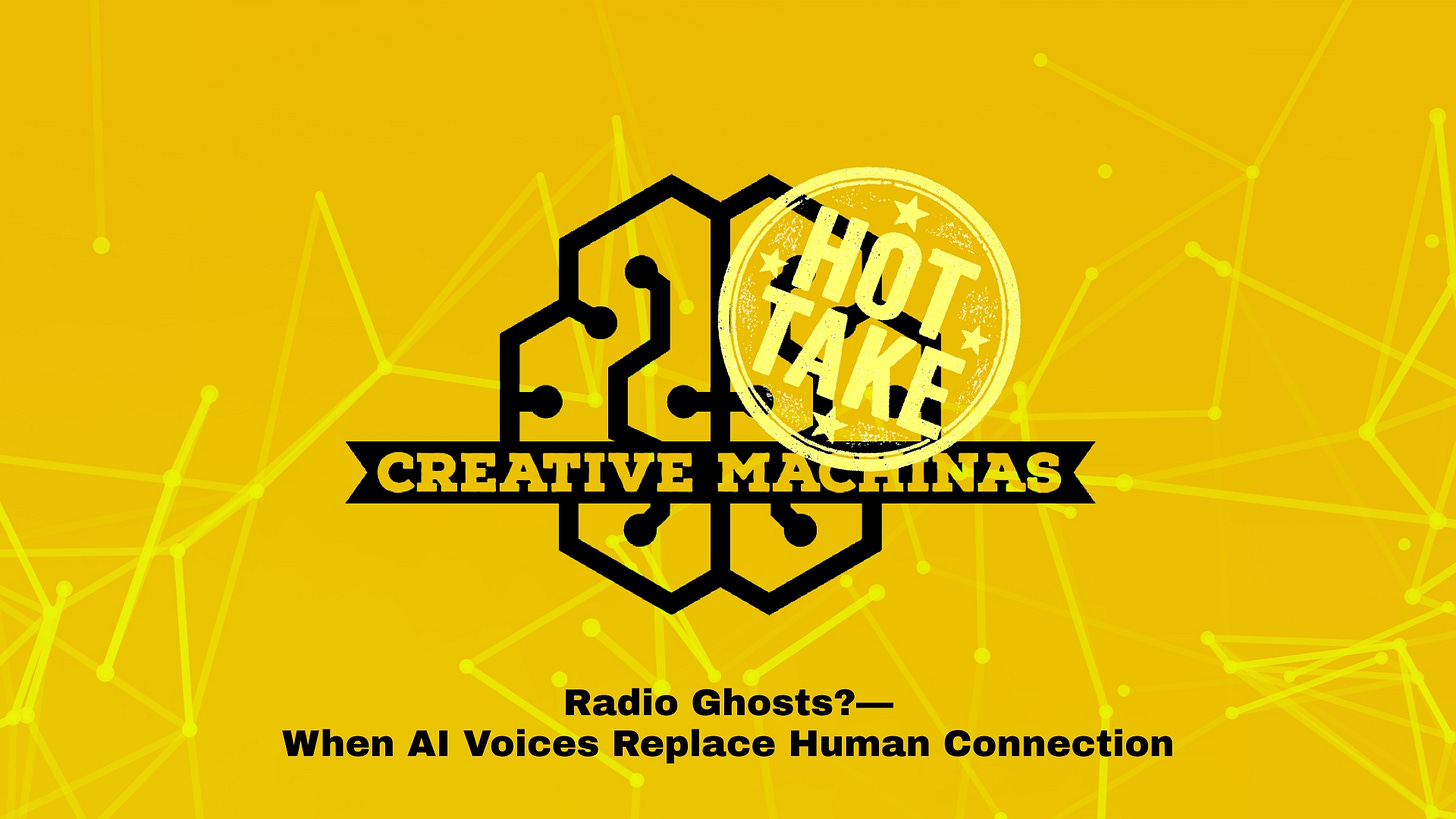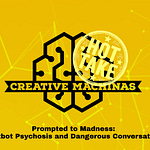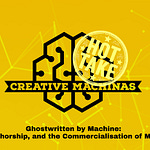In Sydney, Australia, the radio station CADA aired a four-hour daily show, Workdays with Thy, hosted not by a human DJ, but by an AI-generated persona created using ElevenLabs technology. Thy’s voice and likeness were modeled on a real CADA staff member but neither the station’s website nor the show itself disclosed the artificial nature of the host. For months, listeners were unaware. It only came to light following industry scrutiny, sparking backlash from voice actors and radio professionals who accused the station of deceiving the public. Critics argue that transparency is crucial to maintain trust, while others point out that automation has already eroded the human connection in radio through practices like voice-tracking. Meanwhile, similar experiments in other countries, such as AI-driven interviews with deceased poets and Microsoft’s AI-heavy ad campaigns, highlight a broader trend: synthetic media is rapidly blurring the lines between authentic human creativity and machine-generated content.
» DISCUSSED ARTICLES + MEDIA
+ An ‘Interview’ With a Dead Luminary Exposes the Pitfalls of A.I. (via NYT)
+ An AI-generated radio host in Australia went unnoticed for months (via The Verge)
Our Hot Take
The Sydney AI radio host controversy reveals a deeper tension between the illusion of human connection and the economic pragmatism driving modern media. Critics who claim AI back-announcing "deceives" audiences cling to an outdated ideal of radio intimacy that, in truth, was hollowed out years ago by voice-tracking and automation. The real disruption here isn’t emotional betrayal—it’s economic inevitability: AI now executes the mechanical scaffolding of radio (back-announcing, filler chatter) with a fidelity indistinguishable from low-engagement human labour, exposing the mechanical nature of much modern broadcasting. At the same time, experiments like AI "interviewing" the dead and Microsoft’s AI-driven ads underscore the accelerating collapse of the boundary between authentic and synthetic creative production. The true existential question isn’t "Was this made by AI?" but "What does it mean when authenticity itself becomes optional?" As creativity shifts from manual weaving to orchestration, human creators are repositioned—not as makers, but as curators and editors of machine-driven outputs. The outrage, then, is less about AI betraying radio’s soul and more about society confronting an uncomfortable truth: the value we assign to "human touch" in mass media was already transactional, and AI simply makes that fact undeniable.
“The real issue isn’t that AI betrayed radio’s human connection — it’s that radio had already become mechanical long before AI arrived”
Why It Matters
This story isn’t just about one AI DJ slipping past an unsuspecting audience—it marks a pivotal moment where synthetic media seamlessly blends into mainstream culture without anyone noticing. If authenticity can be bypassed without consequence, the expectation of genuine human presence in everyday interactions weakens. In industries like media, advertising, education, and entertainment, we risk creating a landscape where "real" and "fake" are no longer meaningful distinctions, just marketing choices. The core danger isn’t the technology itself—it’s that trust, intimacy, and authenticity, long presumed to be human-only qualities, can now be simulated at scale and sold just as easily. Without clearer transparency standards and a societal reckoning with what we actually value about real human engagement, AI will not just assist creativity and communication—it will quietly redefine them.















